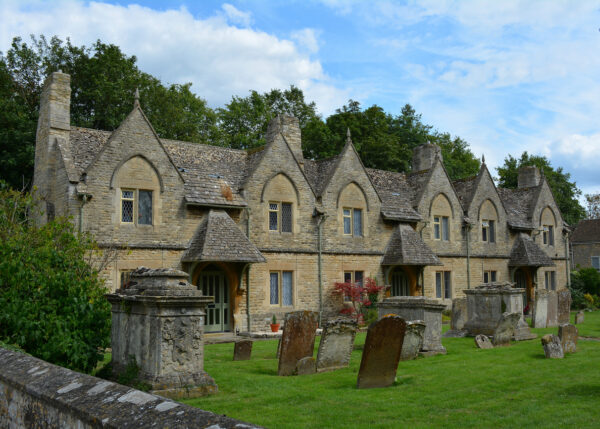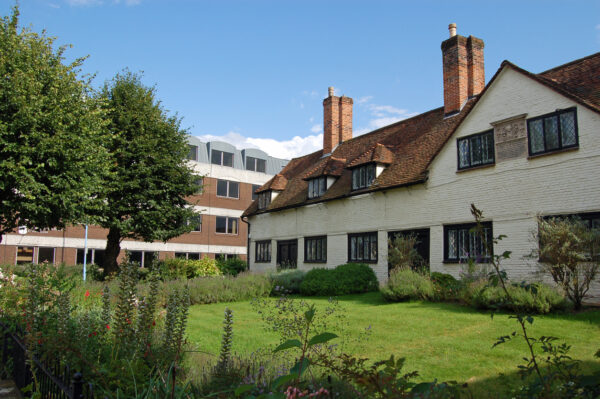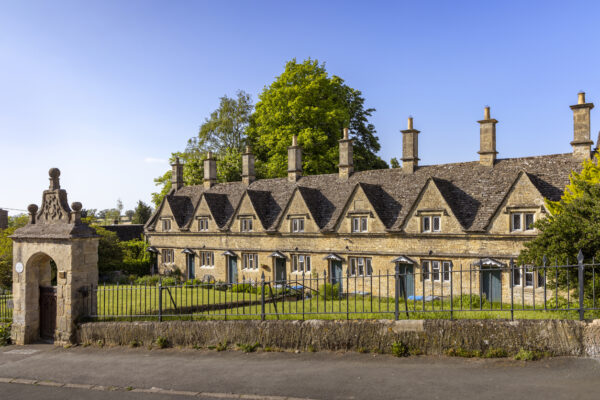

Many technical businesses, those in engineering, research or design struggle with the same challenge when writing proposals. There is a tendency to focus on their considerable technologies or skills, and less on the needs of the customer or client. For small-value proposals this often works well, as the sale is often single-source and is connected to a personal relationship.
For larger proposals, technical businesses following this method will find themselves coming unstuck. When there is little recognition of the customer’s needs, or indeed criticism of their approach, along with too much focus on technical jargon, win rates plummet. Couple this with a tendency to pay little attention to the commercial section of a bid and often overprice when compared to client budget, and the bidding process becomes a significant barrier to growth.
The key is making it as easy as possible for the customer to say yes: by providing a clear, concise and compelling proposal, with robust and deliverable value propositions. The proposal should answer all tender questions, on time and in the requested format, with an affordable commercial offering providing a win-win for both parties.
This is the approach we’ve taken to supporting our portfolio of original equipment manufacturers, engineering services companies, and research organisations ranging in turnover from £5m to £5bn. We have helped many of them improve their win rates from 10% to 40%, by giving them the confidence to write competitive proposals, resulting in more success with large contracts. We have helped them to decide on proposal budgets more strategically, improve their relationship with end customers, and double contract revenues to, in one case, upward of £300m per annum with the Ministry of Defence.
This is achieved by tackling the problem from multiple angles. Firstly, we review submitted proposals to identify why they lost. Secondly, we review live proposals as independent assessors, using the customer’s evaluation criteria and providing feedback and insight on our scoring. Thirdly, we have managed whole bid and proposal projects when the need arose, using our highly effective approach which can be used for any time frame or contract value. Finally, we have developed a tailored bid and proposal training programme to hundreds of staff.










